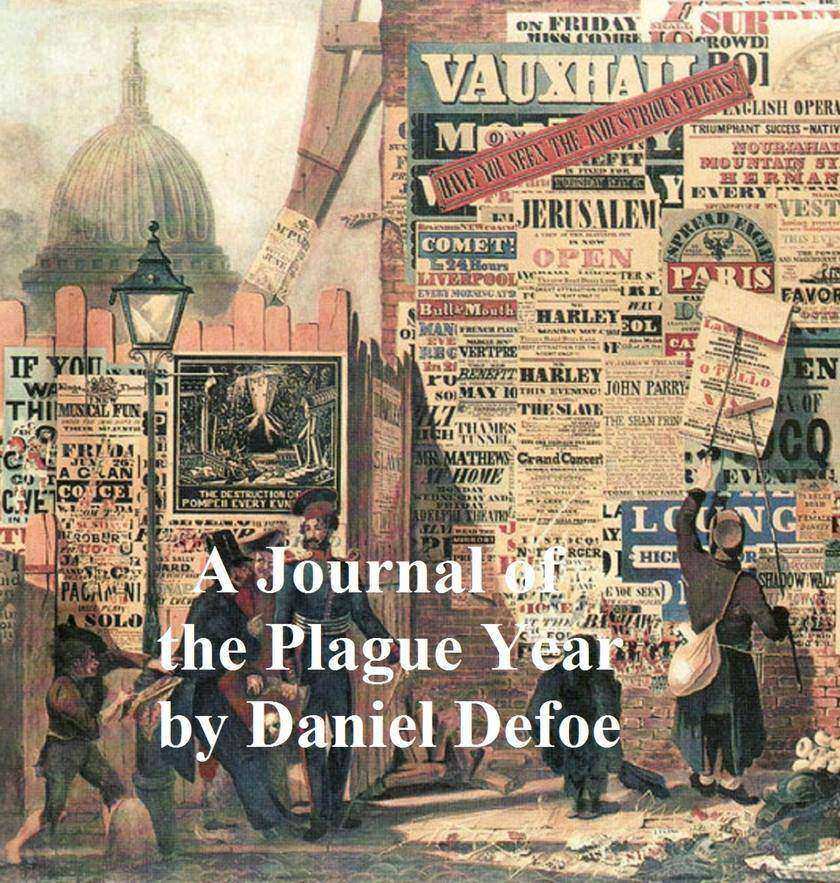
A Journal of the Plague Year
¥8.09
A Journal of the Plague Year
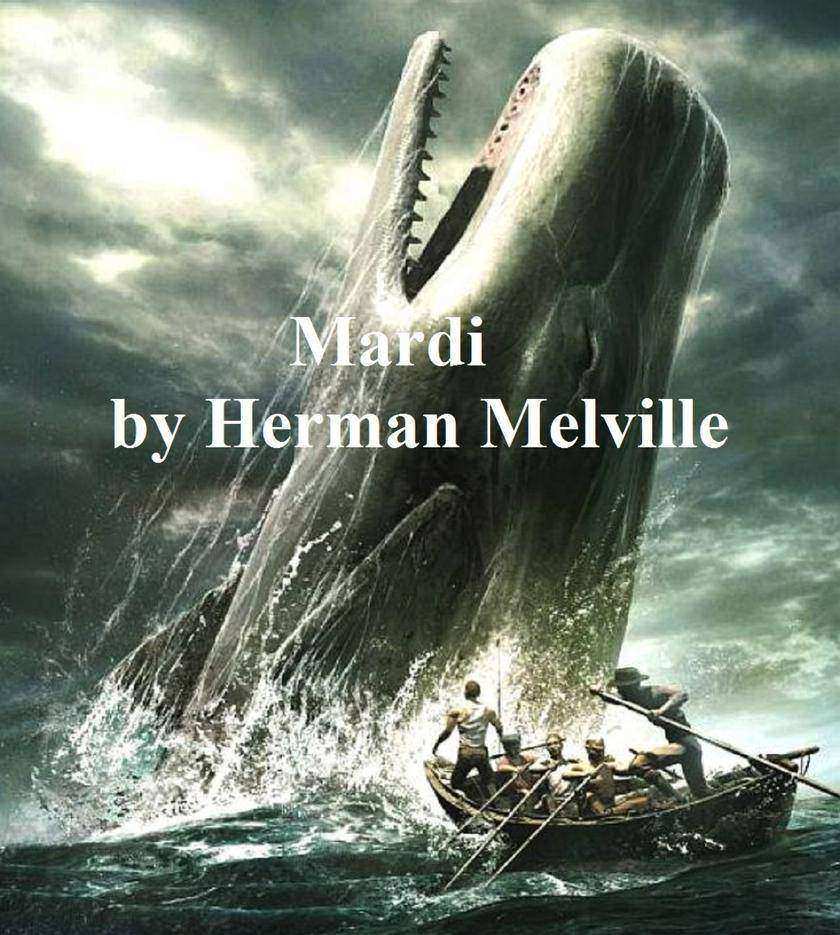
Mardi: And the Voyage Thither
¥8.09
Mardi: And the Voyage Thither
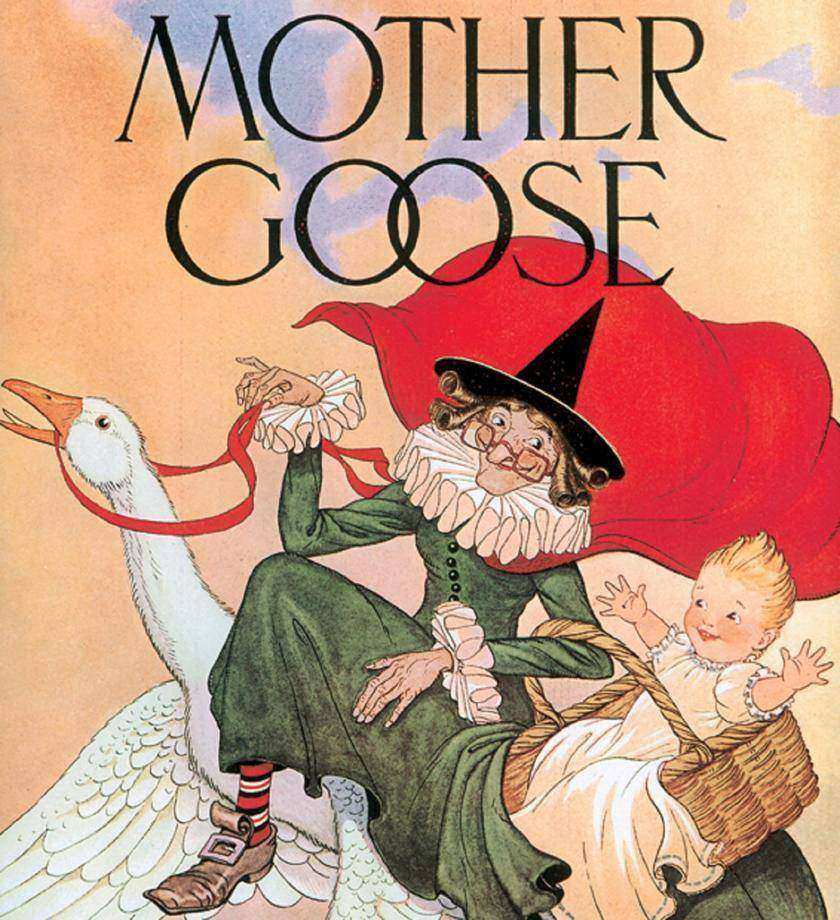
Mother Goose
¥8.09
Mother Goose
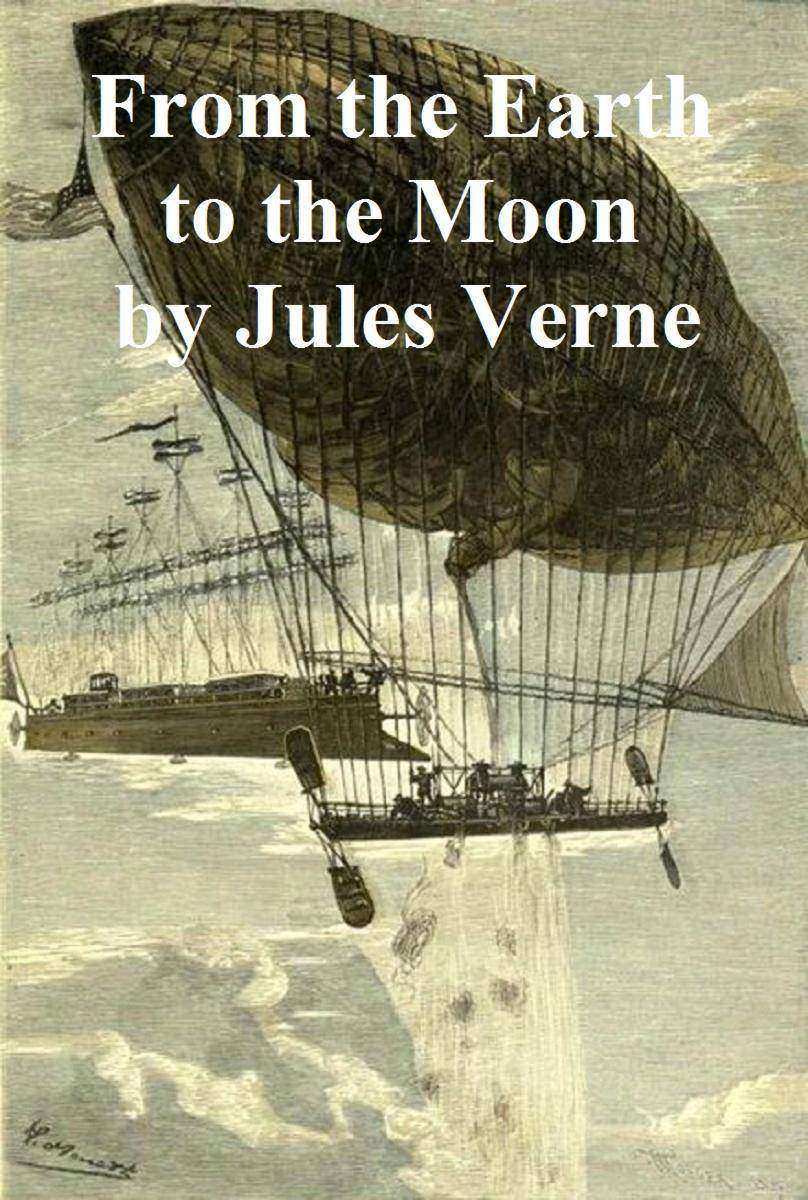
From the Earth to the Moon
¥8.09
From the Earth to the Moon
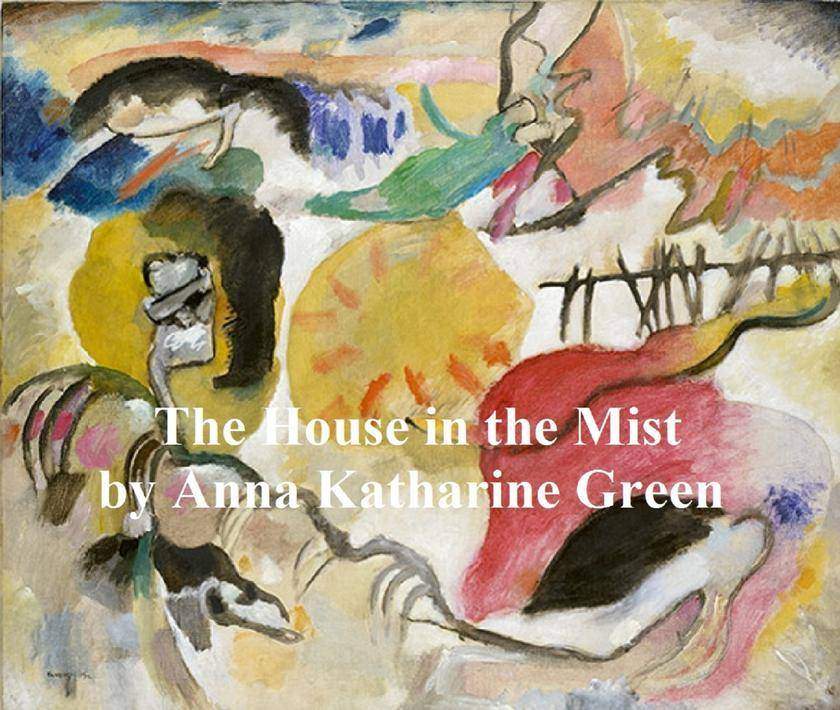
The House in the Mist
¥8.09
The House in the Mist
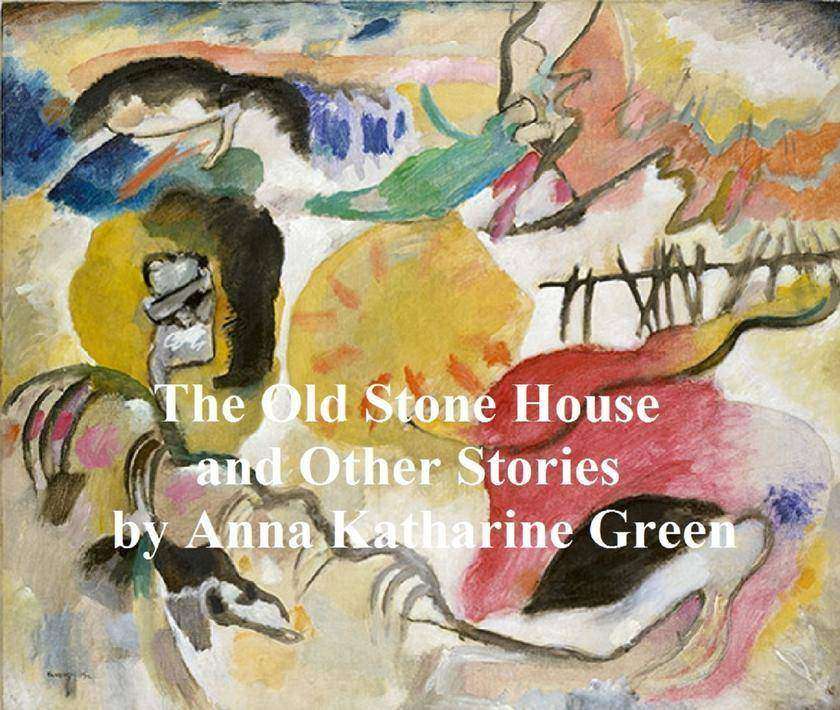
The Old Stone House and Other Stories
¥8.09
The Old Stone House and Other Stories
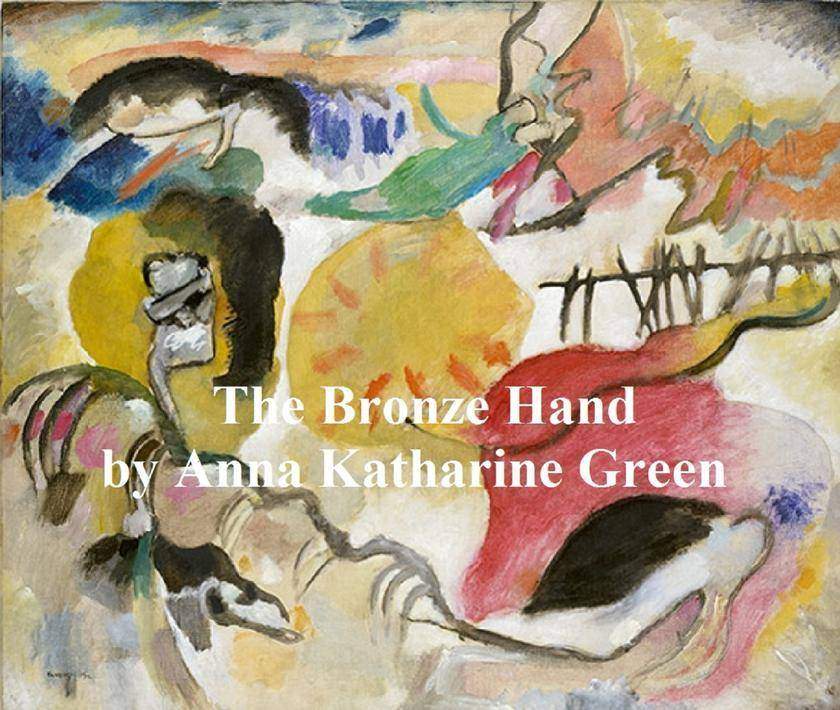
The Bronze Hand
¥8.09
The Bronze Hand

The Golden Slipper and other Problems for Violet Strange
¥8.09
The Golden Slipper and other Problems for Violet Strange
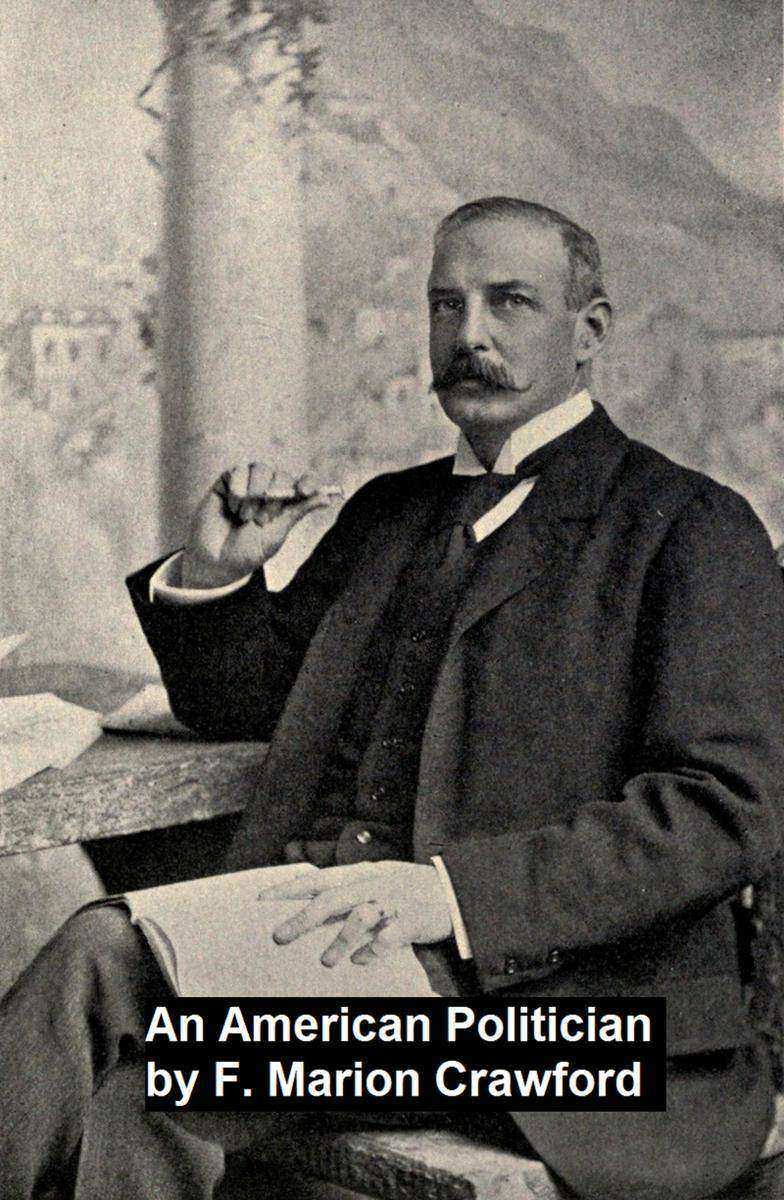
An American Politician
¥8.09
An American Politician
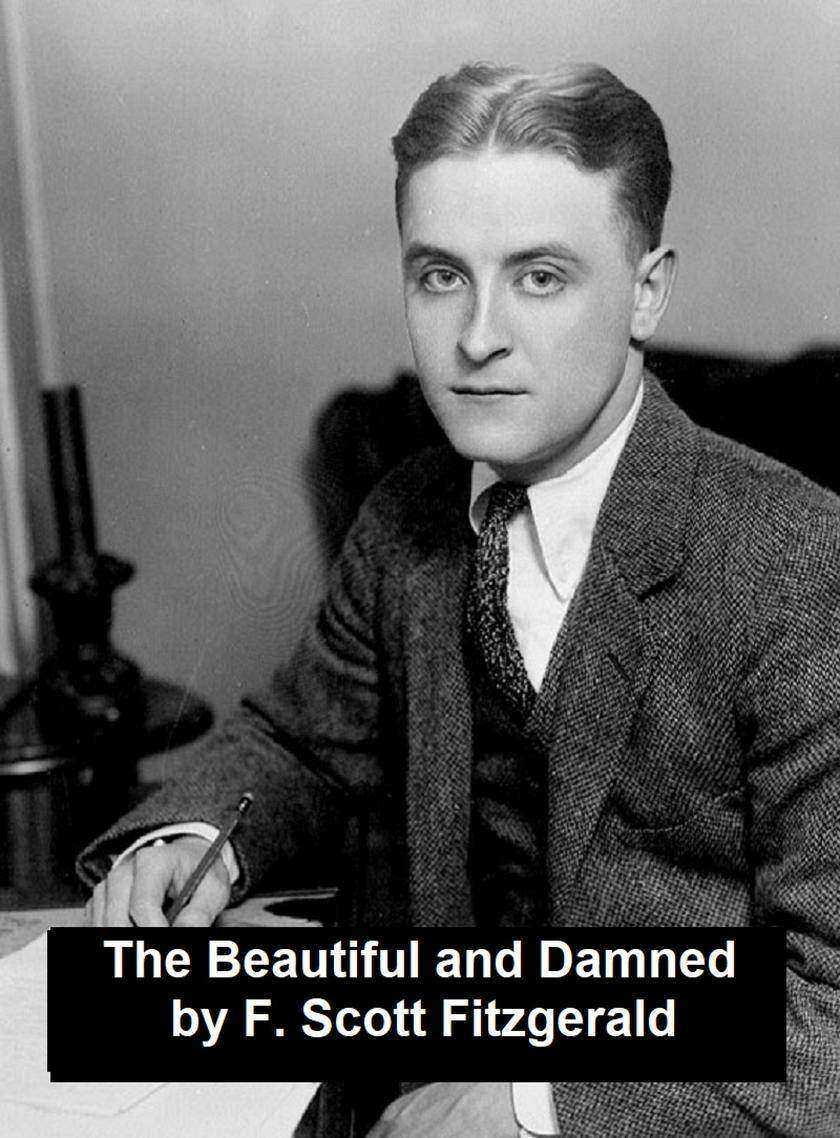
The Beautiful and Damned
¥8.09
The Beautiful and Damned

Intentions
¥8.09
Intentions
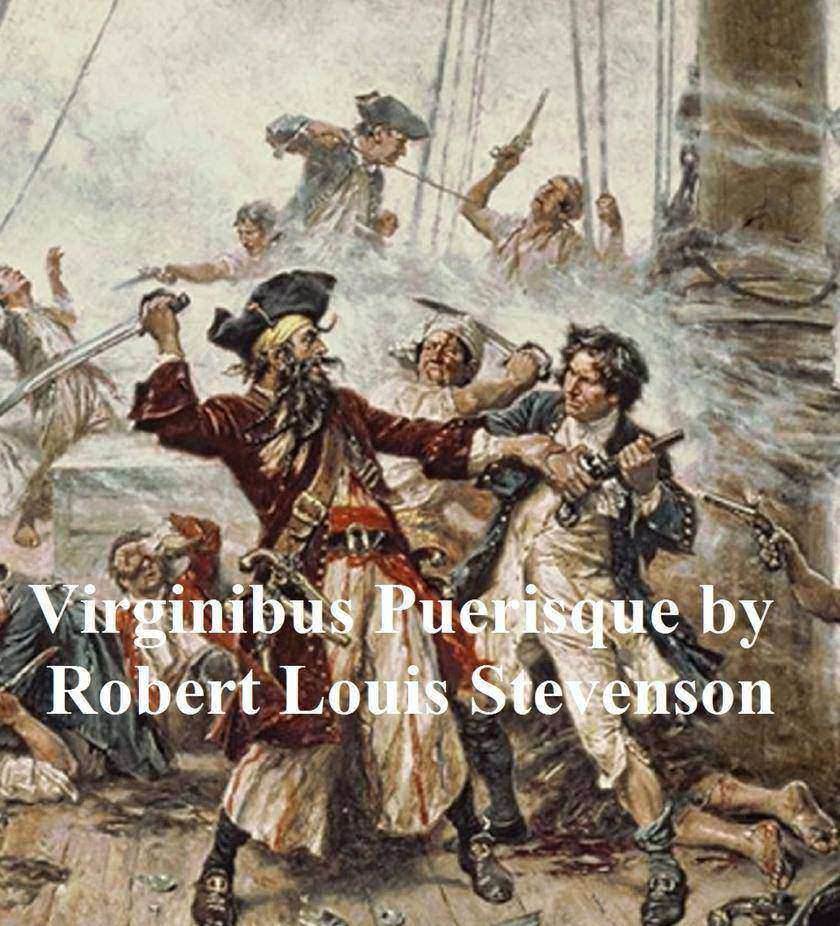
Virginibus Puerisque
¥8.09
Virginibus Puerisque
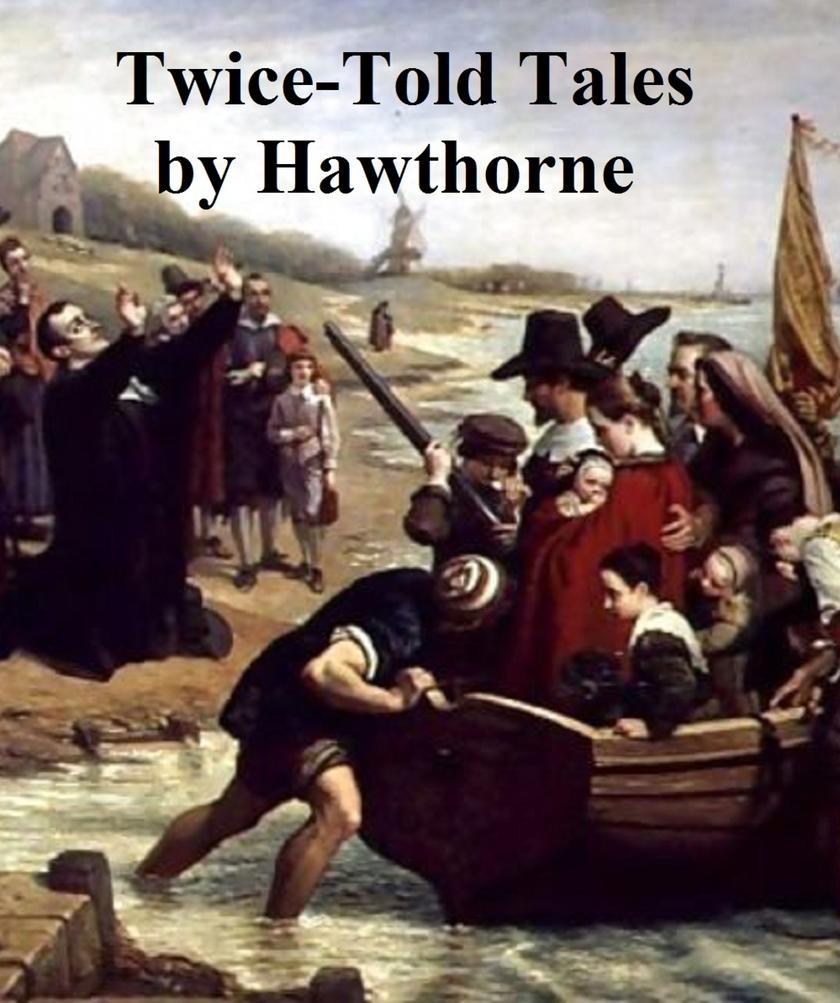
Twice-Told Tales
¥8.09
Twice-Told Tales
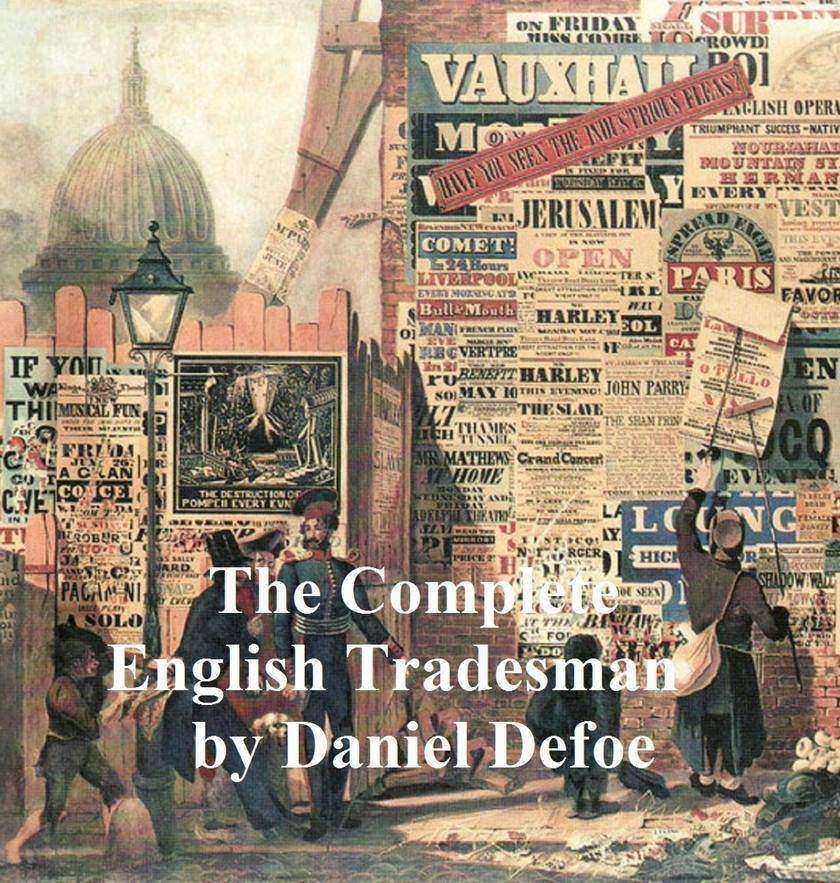
The Complete Tradesman
¥8.09
The Complete Tradesman
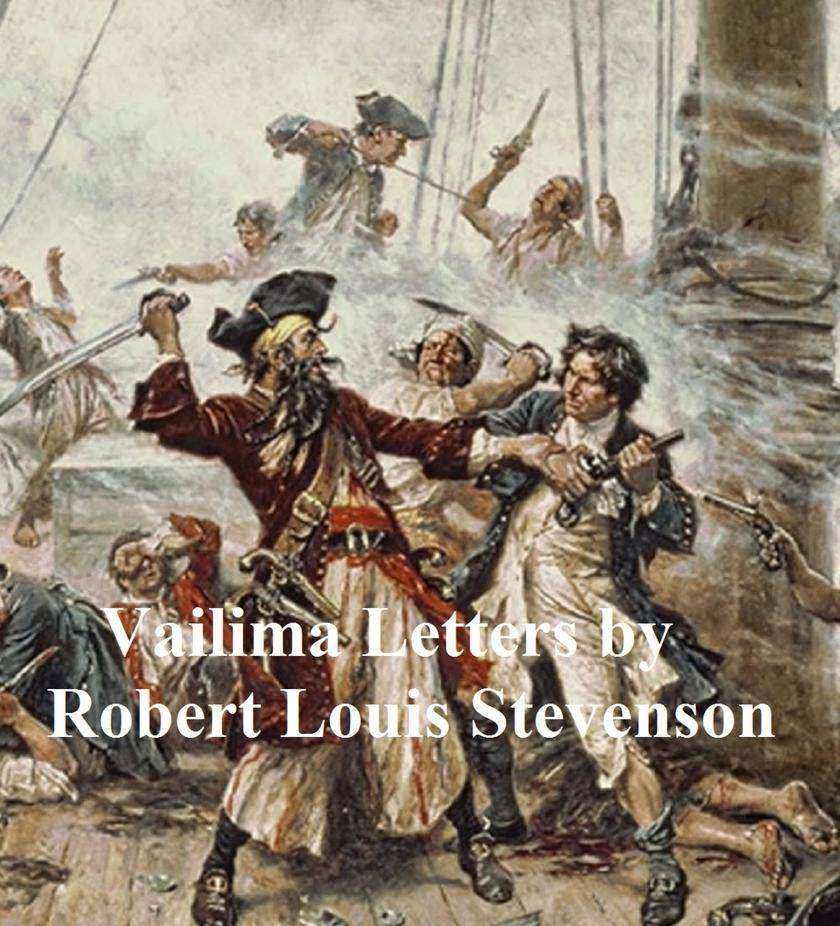
Vailima Letters
¥8.09
Vailima Letters
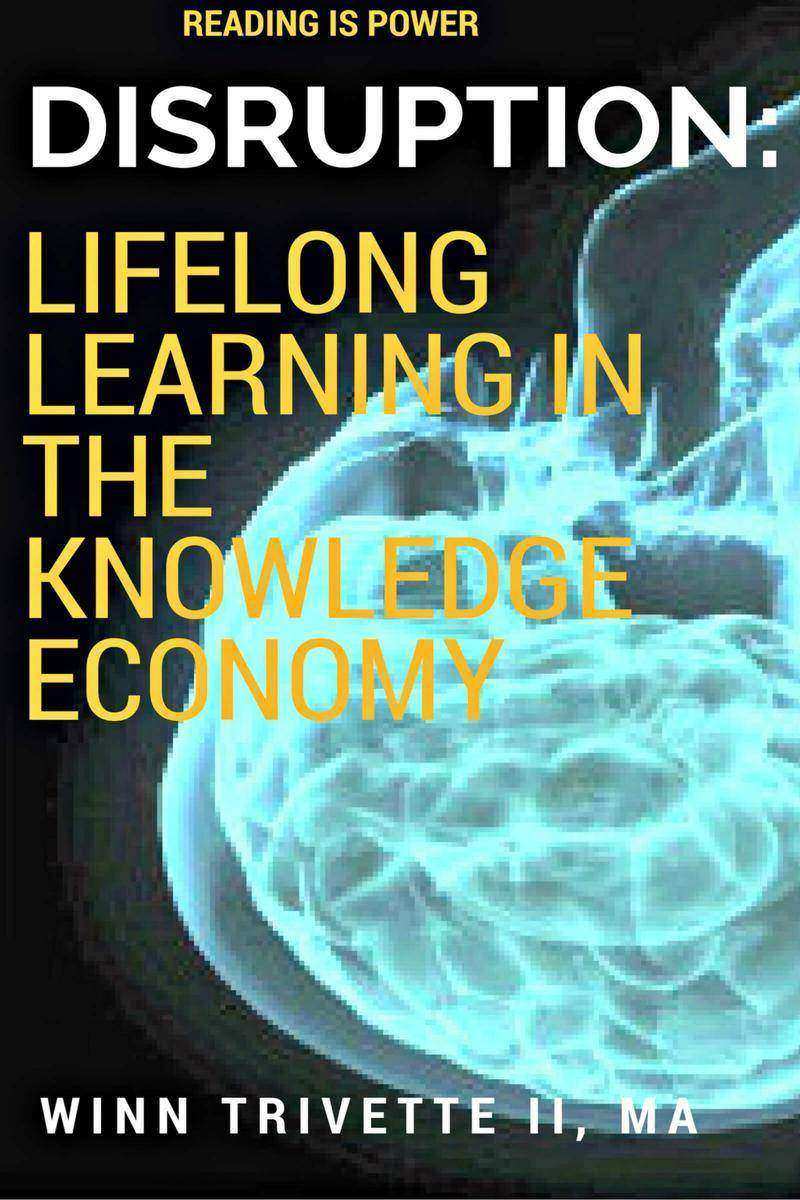
Disruption: Lifelong Learning in the Knowledge Economy
¥8.09
Disruption: Lifelong Learning in the Knowledge Economy
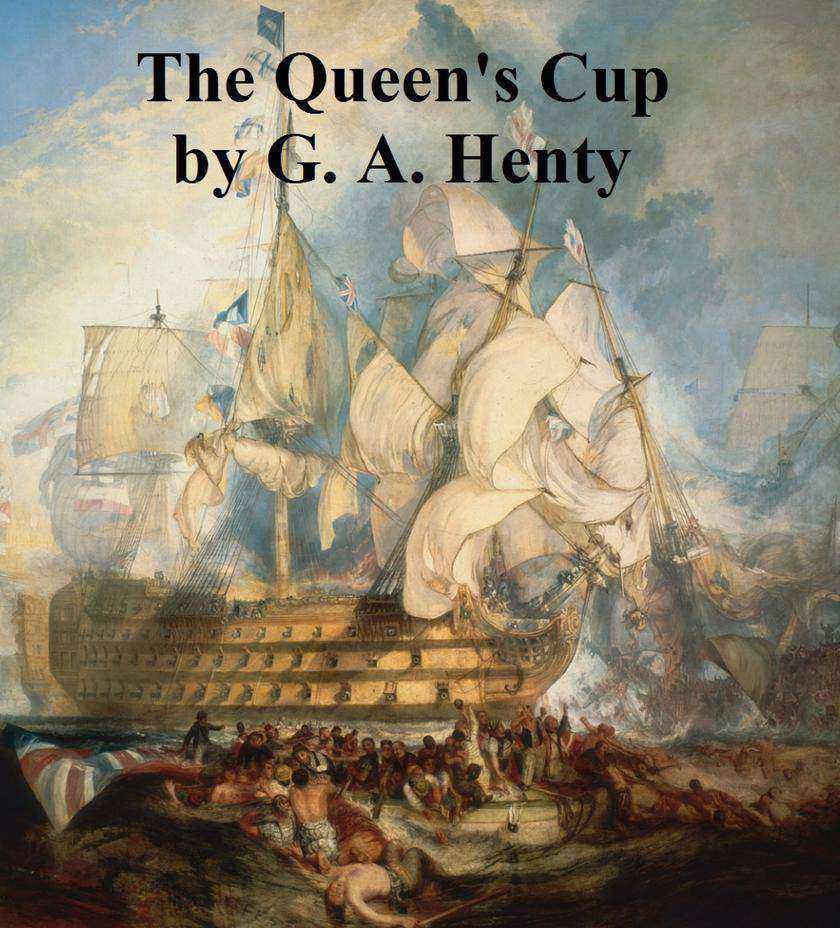
The Queen's Cup
¥8.09
The Queen's Cup
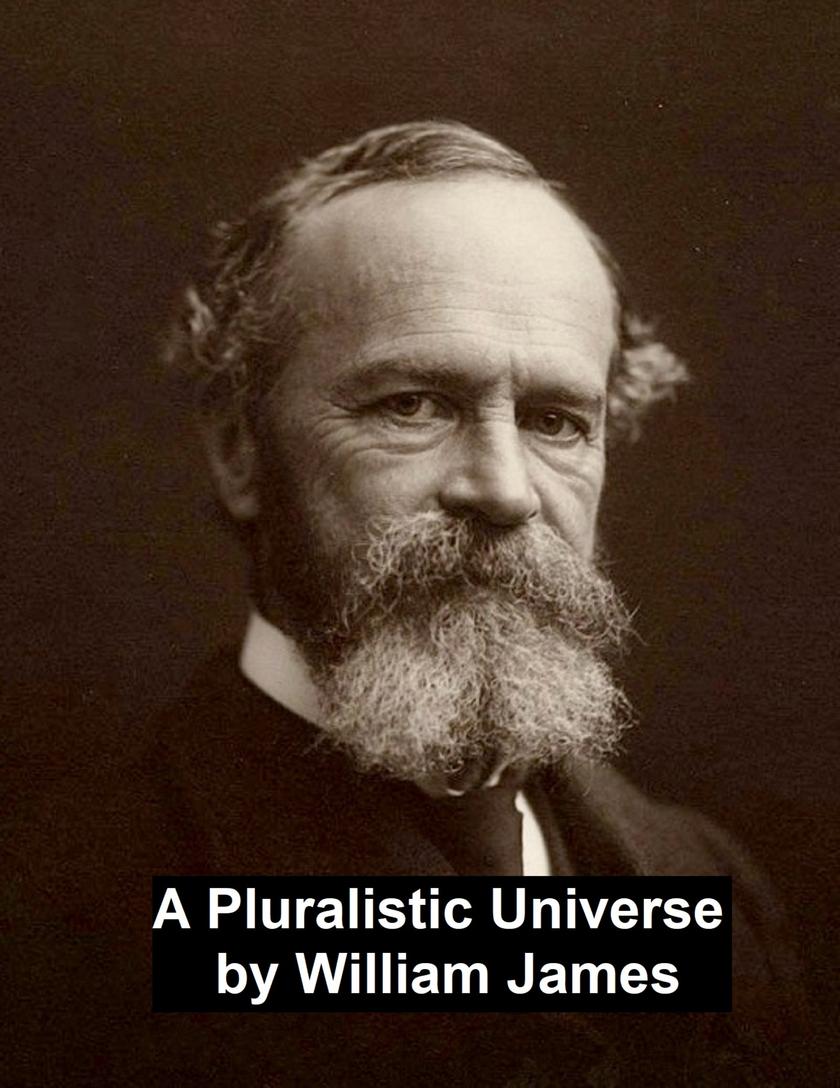
A Pluralistic Universe
¥8.09
A Pluralistic Universe
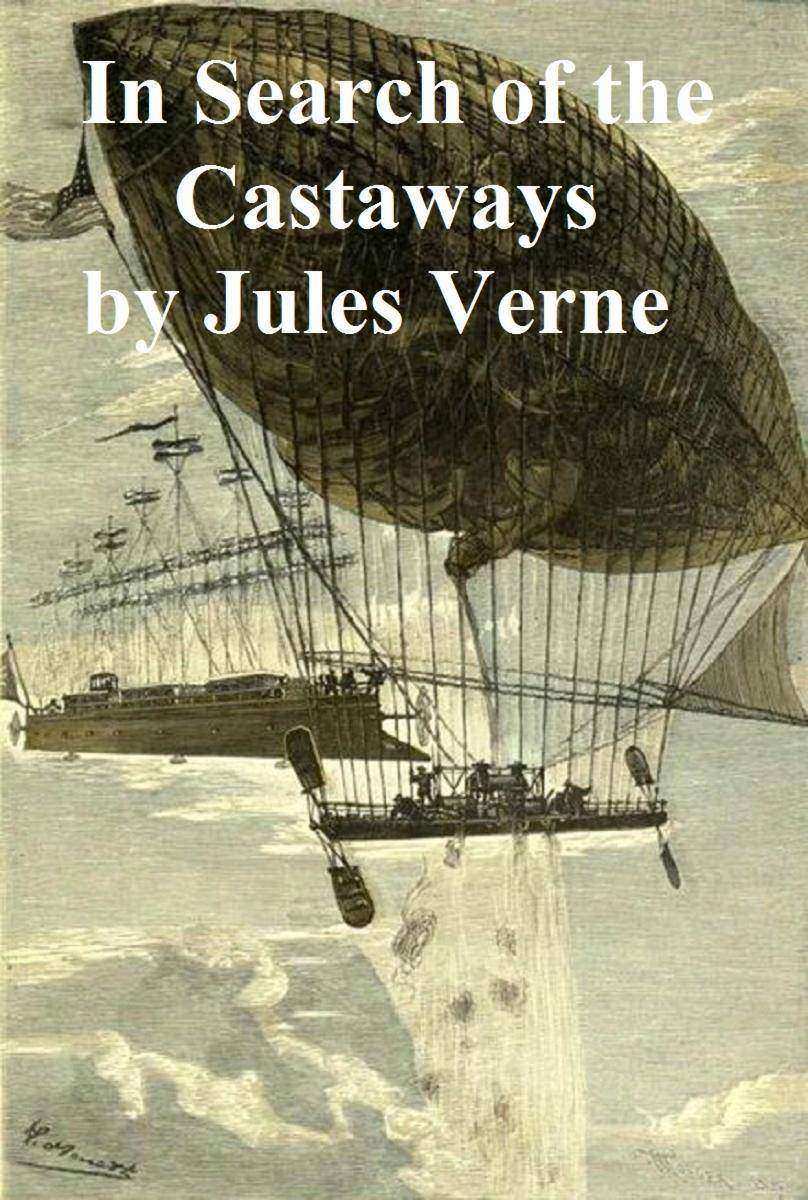
In Search of the Castaways
¥8.09
In Search of the Castaways
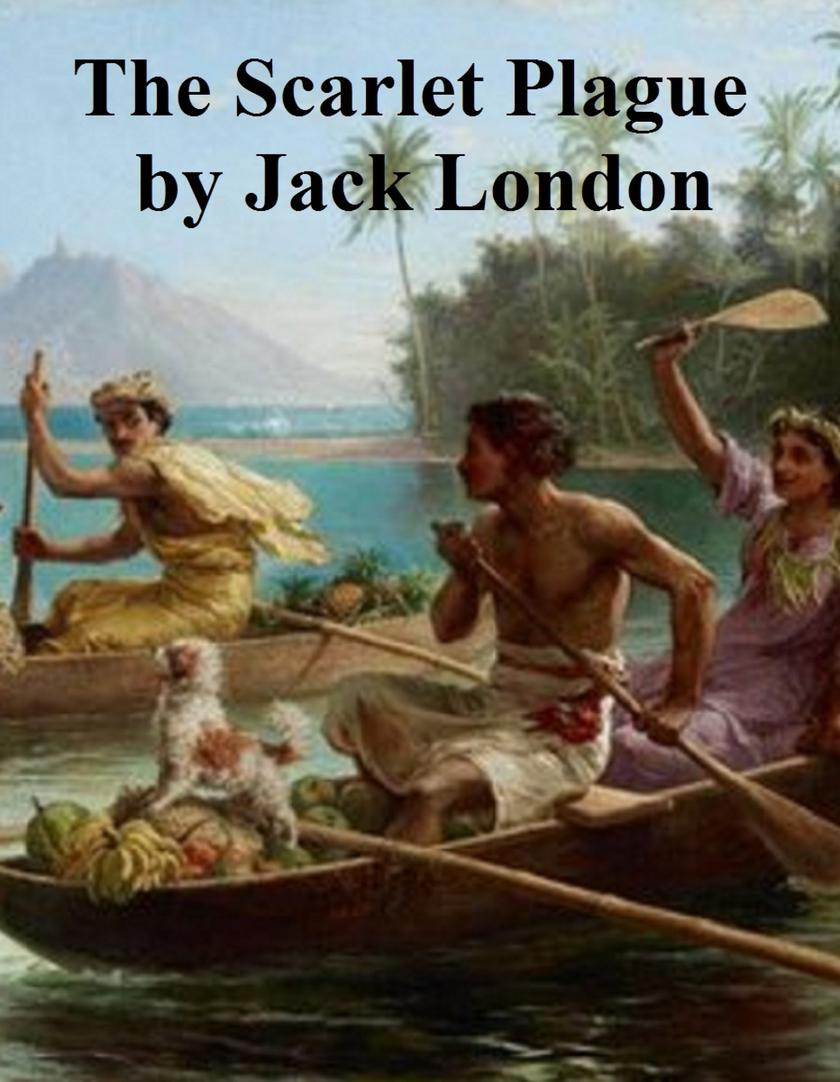
The Scarlet Plague
¥8.09
The Scarlet Plague
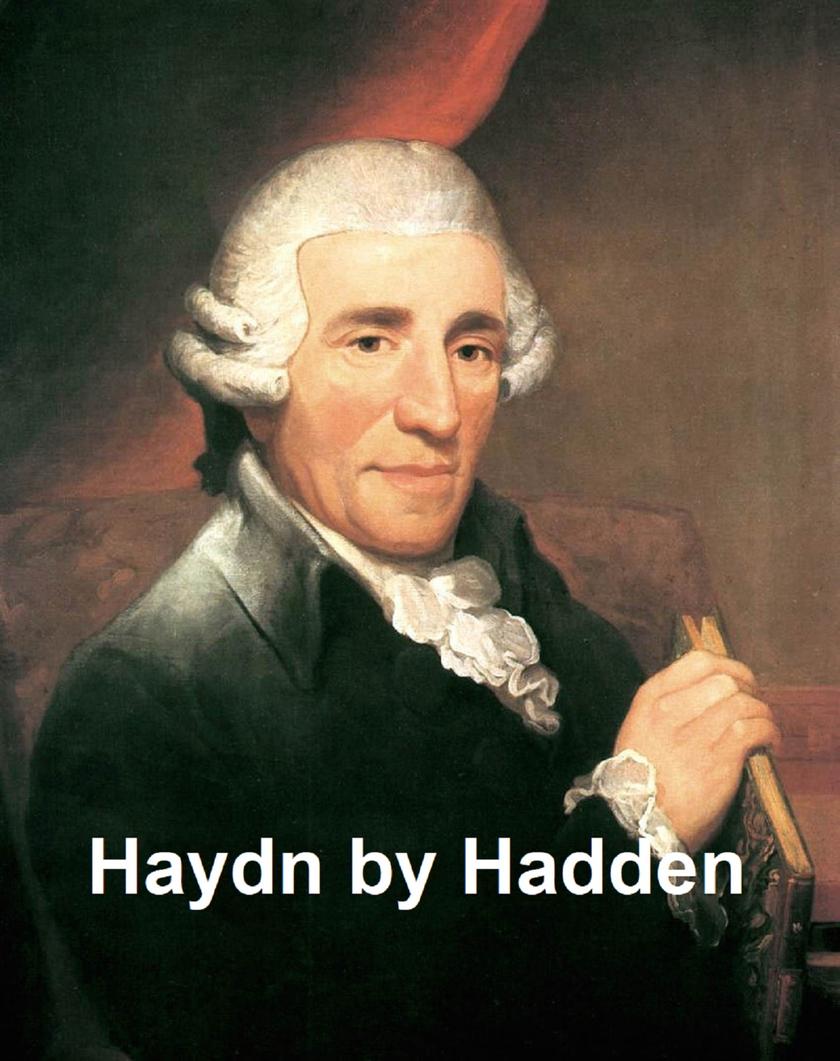
Haydn
¥8.09
Haydn




 购物车
购物车 个人中心
个人中心



